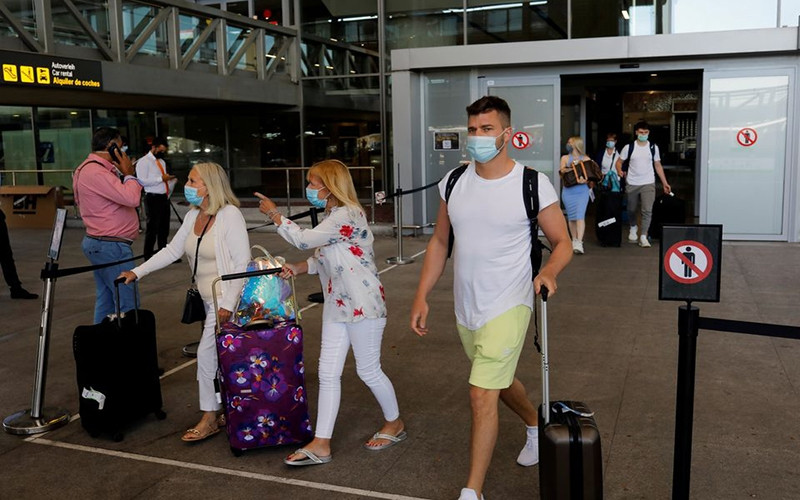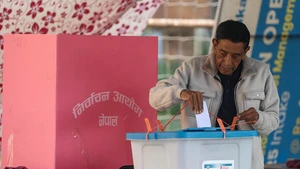This shortage in human resources is a challenge that cannot be taken lightly on the path to tourism recovery.
After two years of being frozen due to the COVID-19 epidemic waves, entering 2022, the global tourism industry is brightening again with a series of strong signs of recovery.
According to the World Tourism Organisation (UNWTO), in the first three months of 2022, the world recorded 117 million international arrivals, a sharp increase from the 41 million recorded in the same period last year.
While the tourism industry is ready to welcome new vitality to break through, ironically, the global aviation industry is facing a serious shortage of human resources. Delta Air Lines (the US), EasyJet (the UK), and Korean Air (the Republic of Korea) are among the long list of airlines struggling to fill the labour shortage.
Due to a lack of manpower, many airlines have had to cancel or delay flights, causing airport operations to be paralyzed. The scene of long lines of passengers waiting for hours to get on their planes is a common occurrence at the Netherlands' Schiphol Airport. This is also a common picture at major airports in the UK, Belgium, Germany. The Airports Council International (ACI) forecasts that delays and disruptions will continue at two-thirds of airports in Europe due to staff shortages.
The main reason leading for the abovementioned human resource crisis is the high epidemic wave in many countries in the period 2020-2021, forcing airlines to lay off hundreds of thousands of workers, from pilots to flight attendants and ground handling staff.
In 2021, the number of employees of six domestic airlines in the Republic of Korea decreased by 2,300 people compared to 2019. The number of workers cut in ground handling and related service units was even greater. After losing their jobs, many airline employees have fully switched to other less volatile industries.
In order to limit passenger congestion at the airport, airlines must find some temporary solutions. EasyJet airline recently limited the number of passengers on a flight to 150 people. With this measure, the airline will reduce the number of flight attendants working on the flight from four to three.
Meanwhile, the US airline JetBlue Airways also decided to cut the number of flights in the fall by 10%. The airline also offers a special bonus of 1,000 USD for flight attendants who complete all work schedules.
Swissport, an international group of airlines that operates at 285 airports globally, is looking for 30,000 employees this summer and has launched recruitment campaigns on social media platforms in the UK and US.
Flight delays and cancellations are causing airlines to come under fire from many consumer protection groups. However, General Director of the International Air Transport Association (IATA) Willie Walsh said that the root cause was uncoordinated government responses to the crisis.
IATA's Walsh cited research showing that border closures had barely arrested the spread of the pandemic while virtually halting international travel and crippling economies. "Closing borders is not the right response to a pandemic," Walsh said.
Governments worldwide lent more than 200USD billion to support airlines in curbing bankruptcy during the pandemic, according to UK-based aviation consultancy Ishka. Now, as the epidemic is gradually being put under control and the demand for travel is increasing, the shortage of manpower is hindering the aviation industry to "take off".
This requires airlines to make timely policy adjustments to retain employees, promote skills and knowledge training to flexibly deploy and rotate.
















